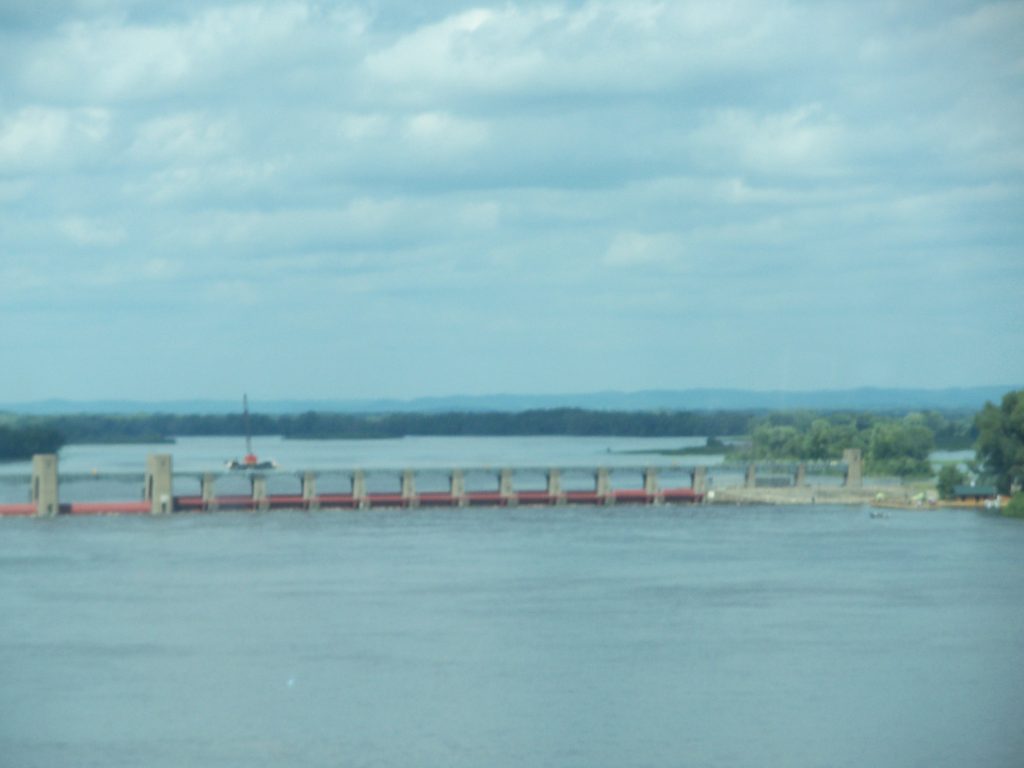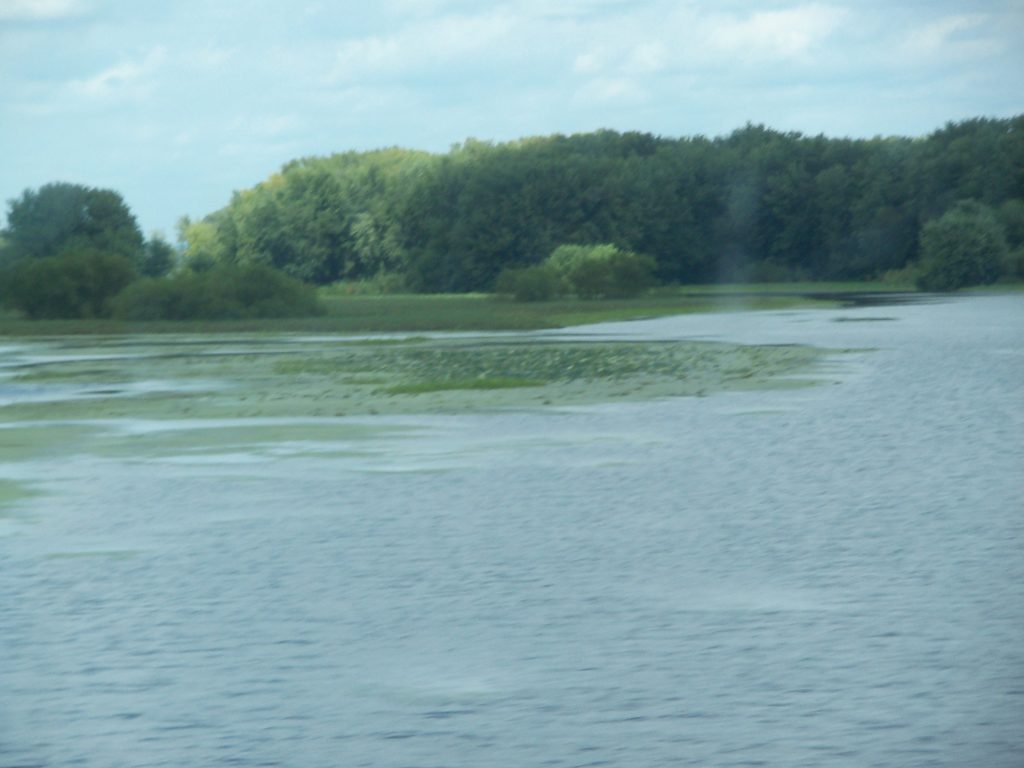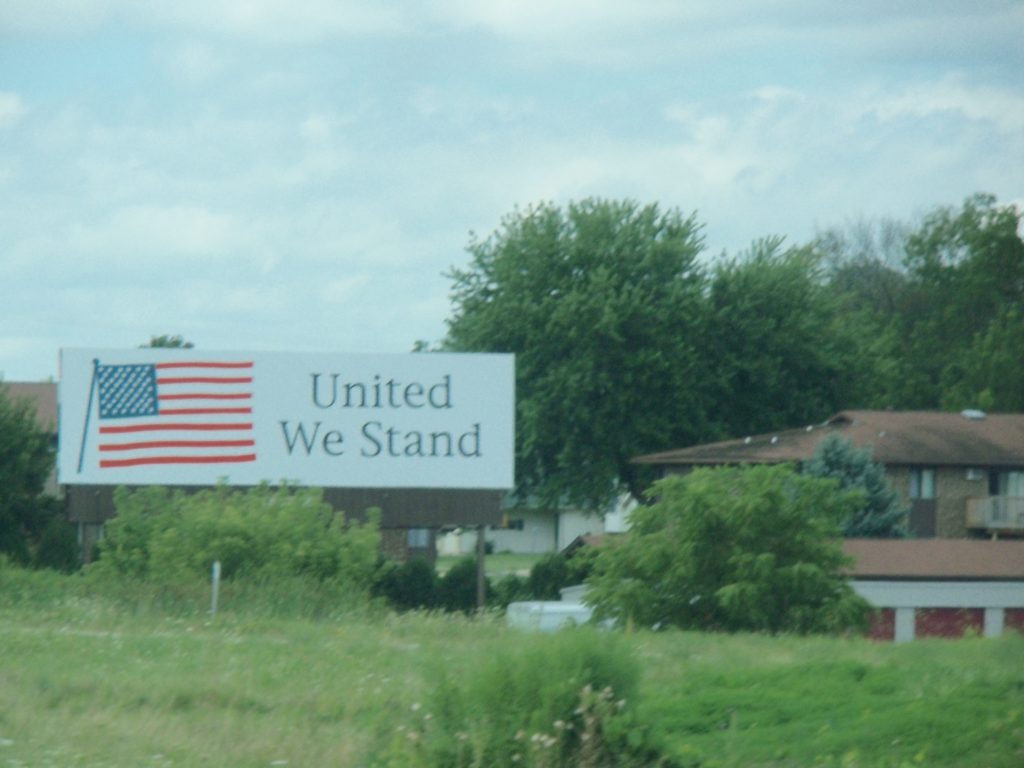Heading over the water and out of Wisconsin.
Saturday, 27 April 2024
saying, “Men, I perceive that this voyage will end with disaster and much loss, not only of the cargo and ship, but also our lives.” Acts 27:10
Note: You can listen to today’s commentary courtesy of our friends at “Bible in Ten” podcast. (Click Here to listen).
You can also read this commentary, scrolling with music, courtesy of our friends at “Discern the Bible” on YouTube. (Click Here to listen), or at Rumble (Click Here to listen).
More literally, it reads, “saying to them, ‘Men, I discern that with damage and much loss, not only the cargo and the ship but also our lives – the voyage is going to be’” (CG).
The words of this verse continue the thought from the previous verse. There, it said, “And much time having elapsed, and the sailing being already dangerous – and the Fast already passed by – Paul admonished.” Now, Luke continues with, “saying to them, ‘Men, I discern.’”
His words are based on what he just said. In other words, Paul is not speaking some type of prophetic utterance. Rather, what he says is based on his perception of the situation in which those on the ship were in. The words “I discern” show this.
The Greek word theóreó is one that is based on observation “where people concentrate on the meaning of an action (performance)” (HELPS Word Studies). It is where our English word theater is derived from.
For several relevant examples, see John 4:19; John 12:19; and Acts 17:22. Each of these verses shows an inference made based on observation. Paul notes in 2 Corinthians 11:25 that he had been shipwrecked three times. He was aware of the winds of the Mediterranean after a lifetime of experience as well.
Therefore, it cannot be assumed that his comments are a prophecy. Instead, they are those of experience. As such, he continues with, “that with damage and much loss, not only the cargo and the ship but also our lives – the voyage is going to be.”
The “damage” that he speaks of is a new word in Scripture, hubris. It is where our modern term of the same spelling comes from, and it is normally applied to violence or rough treatment between people, but it is transferred in a metaphorical way to the inanimate here. It is only found three times in Scripture: here, in verse 21, and then in 2 Corinthians 12:10.
Along with that, another new word is introduced, zémia. It signifies a loss. HELPS Word Studies says “a ‘bad deal’ (unsuccessful business transaction) which results in a fine (penalty, forfeiture).” Taken together, the words are Paul’s way of sternly warning them.
This damage, according to him, will be for all concerned, including the ship and the people, meaning their very lives. However, and as already noted, he is speaking from his knowledge of the circumstances and not from prophecy. Their lives will be spared, but the ship and cargo will not be.
Life application: In the case of Paul’s words in this verse, he clearly knew what was ahead for those who would venture into the sea at this time of year. And more, he is certainly basing his conclusion on the difficult sailing they had already faced. The prevailing winds were against them, and the time of the year meant that they were likely to get much more pronounced, even violent, in the days ahead.
If Paul’s words were to be taken as under inspiration, he would have included the thought that the Lord or a messenger of the Lord came to him. He does this elsewhere at times, thus providing unambiguous testimony to his words. He does not do this here.
Unfortunately, it is as common as burgers at McDonald’s for pastors, preachers, and teachers to claim a word from the Lord today. They speak as if they have a direct line to Jesus, and they act as if they receive texts and updates from Him regularly.
Assuredly, they do not. Jesus is not speaking to them. The word is written, and it is what we need to conduct our lives, direct our feet, and guide ministries. An astonishing thing to witness is to see a pastor tell of a word from the Lord, have it not come about as he claimed, and yet people continue to attend his church.
The same is true with people who predict the rapture (or something similar), claiming they are led by the Spirit or have received a message from the Lord, and who are then shown to be wrong, and yet their ministry suffers no harm in attendance. This reveals a cult-like attitude in those following the false teacher. Excuses are conjured up and accepted, and everything continues as if nothing ever happened.
Watch yourselves. Be careful what you will accept. And be sure to reject anyone who claims they have had communication with God or one of His messengers outside of His word. This is especially so when what they claim turns out to be untrue.
Lord God, give us wisdom to know what is from You and what is from the doctrines of men. We can know this by reading and knowing Your word. So, help us to be about that, taking it in and applying it to our lives and thoughts throughout the days of our lives. Amen.




